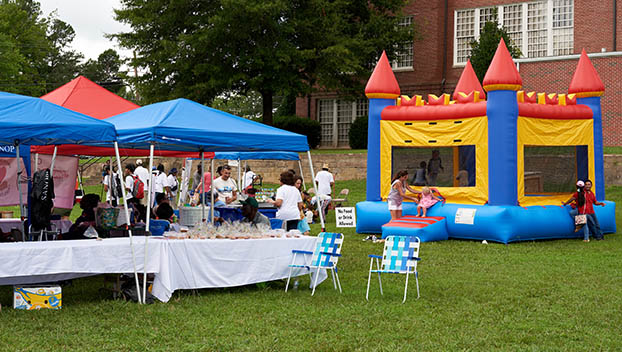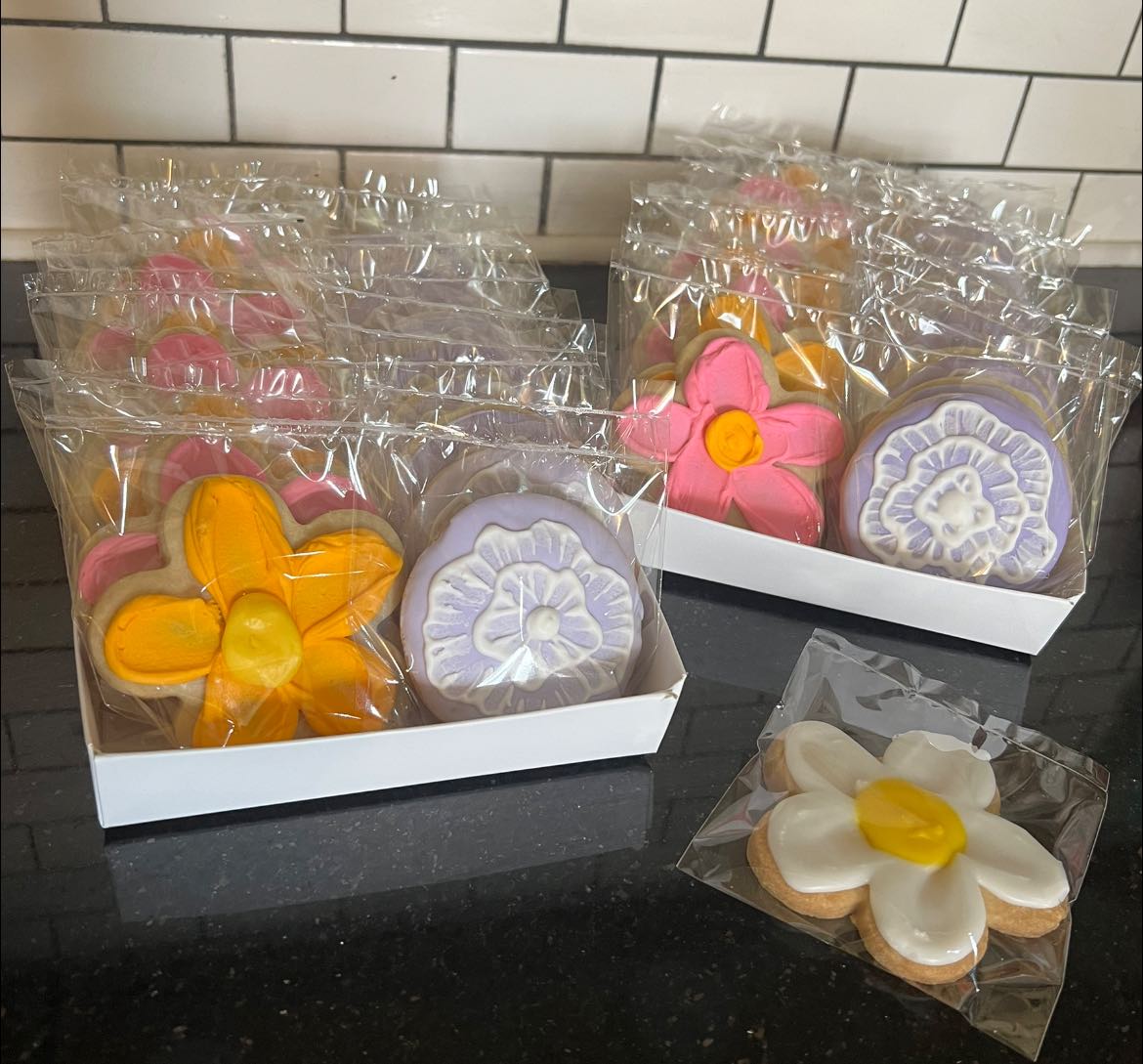Legislation will attempt to speed up the vaccination process
Published 9:54 pm Wednesday, January 27, 2021
|
Getting your Trinity Audio player ready...
|
The first full week of the 2021 session of the General Assembly is in the bag.
The impact of the changes put in place this year because of COVID was starker. While the work is much the same, the people, the location, and the interactions are so very different.
The beginning of session is always a reunion of sorts. People who gather in Richmond for two months every year to engage in the legislative process often do not spend time together during the interim. Administrative assistants who are the first face you see when you arrive at a senator’s office often work other jobs during the rest of the year or are retired. A new legislative session brings a fresh crop of interns from a variety of colleges and universities. While interns provide an extra set of hands during a hectic time, they also bring innovative ideas and serve as a reminder of the promise of the future.
Trending
Every January, we look forward to meeting the new group of pages who have been selected from throughout the commonwealth to work in the chamber and in committees. The pages learn about the legislative process and independence, and they develop beneficial professional skills. Towards the end of session, they engage in a mock floor session to consider bills they have drafted and to demonstrate their newfound debate skills and parliamentary acumen. On the pages’ last day, one senator is chosen to read a resolution they drafted reflecting on their experiences and roasting legislators.
This year, we do not have administrative assistants and are only permitted to have one person working in each office in the Pocahontas Building. And we do not have a Page Class of 2021.
The Senate meets for its daily floor sessions in the Science Museum of Virginia on Broad Street a few miles from the Capitol. The museum has a large auditorium that allows all 40 senators and clerk’s office staff to meet while remaining physically distanced. Our committees meet in nearby rooms that also allow for safe spacing. All of the public testimony is virtual, so people no longer have to leave home the night before and spend money on a hotel room in order to testify at an 8 a.m. meeting.
The office building downtown is closed to the public; only legislators and legislative staff are permitted in the building. We have offices there where we can get work done, but our connection to the public is only through email, telephone, or virtual meetings. This is probably the most challenging aspect of the session to navigate.
Through my years of service, I found that in politics the squeaky wheel gets the grease. People who ask for things day after day and year after year usually get them in one form or another. This year the wheels are squeaking in a different way. You don’t find them in hallways, outside your office, or in the elevators and stairwells. While you would often see constituents on federal holidays and even throughout the week, the need for all meetings to be by phone or virtual makes legislators more accessible to everyone.
The interactions with lobbyists are vastly different. They work full-time to make their point of view known to the legislators. Every day, you could expect to see lobbyists lining the entrance to the office building and the Capitol or sitting in waiting areas. With the office building being closed to the public and our meeting away from the Capitol, the whole aspect of lobbying has changed. Lobbyists are on the same footing as everybody else because being in Richmond full-time no longer makes it easier to advocate on issues of importance to you.
Some aspects of this unusual session are worth maintaining moving forward.
The reason for the changes, COVID-19, is a focus of legislation as well. This week, the Senate passed Senate Bill 1445 to put in place a number of measures in an attempt to speed up the vaccination process. SB 1445 now goes to the House of Delegates for a vote. The bill contains an emergency clause, so it will take effect as soon as it is signed by the governor. We are working to get this on his desk as soon as possible. I have heard from so many constituents who are frustrated by the slow deployment of the vaccine, and I share their concerns. While I know some of the discrepancies are due to a lag in reporting, we need more people to administer the vaccine, and we need to bring everyone to the table to address any technological problems that are hindering our progress. And we must have an accurate count of how many vaccines we have on hand and how many Virginians have been vaccinated. We also learned this week that Virginia will only receive about 110,000 new first doses per week until March at the same time we are working to expand the number of Virginians eligible to receive the vaccine.
While the vaccine will save lives and help jumpstart the economy, it also brings us closer to getting students and teachers back in the classroom. Every legislator is concerned about the impact this pandemic has had on the education of our children. Legislation is moving forward in the Senate and the House of Delegates to study the impact COVID has had on public education in Virginia. The study seeks to achieve a number of goals, including identifying educational gaps resulting from virtual instruction and highlighting programs to help with learning loss so that every student can be successful. The past year has been so difficult for students, their families, and teachers, and I am hopeful this study will offer some solutions.
Our work has continued under the backdrop of a historic week. On Wednesday, the new president was inaugurated in Washington D.C. Over the years, people sometimes have stopped and asked me how things are going in Washington. Of course, I’m not in Washington. But just as Washington was essentially closed down for the inauguration, Richmond and other state capitals around the country were closed because of threatened violence. Thankfully the week was peaceful.
It continues to be an honor to serve you in the Senate of Virginia. The best way to reach my office is by emailing district25@senate.virginia.gov or by sending a letter to PO Box 396, Richmond, VA 23218. You may also call the Senate Message Center to relay your views on a specific bill by calling toll free (833) 617-1821. The staff answering the phones will relay the message to my office immediately. I look forward to hearing from you.




